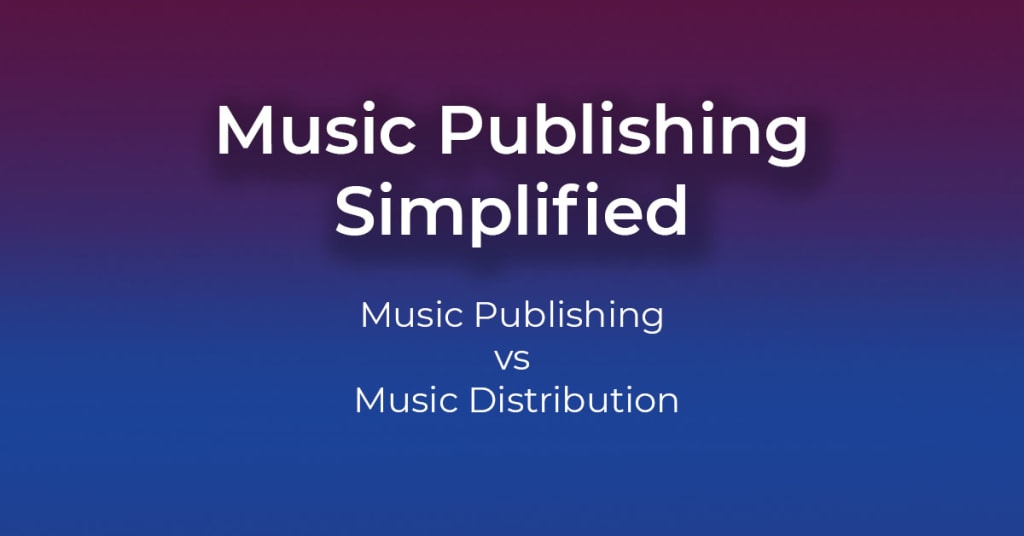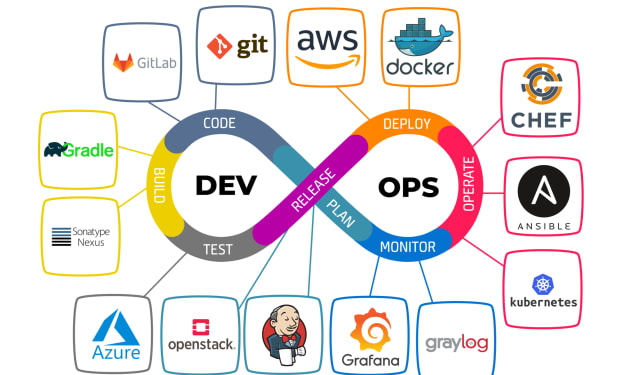Decoding Music Distribution and Music Publishing: Key Differences
Decoding Music Distribution and Music Publishing

For new and seasoned musicians alike, understanding the intricacies of the music industry is crucial. Two essential components are music distribution and music publishing. While they may seem similar, they serve different purposes and are vital to an artist’s success. This article will decode these terms and highlight their key differences to help artists navigate their careers more effectively.
1. Music Distribution Explained
Definition and Purpose:
Music distribution is the process of delivering music from the artist to the public. This includes making music available on various platforms where it can be purchased, streamed, or physically obtained. The primary goal of distribution is to ensure that music reaches as many listeners as possible.
Types of Distribution:
Digital Distribution: Involves distributing music through online platforms such as Spotify, Apple Music, Amazon Music, and YouTube. This is the most common form of distribution today.
Physical Distribution: Although less common in the digital age, physical distribution still plays a role, especially for collectors and niche markets. This includes distributing CDs, vinyl records, and even cassettes.
Direct-to-Fan Models: Artists may also distribute music directly to their fans through their websites, Bandcamp, or social media platforms, allowing for more personal engagement and higher profit margins.
Key Players in Distribution:
Aggregators: Companies like TuneCore, CD Baby, and DistroKid act as intermediaries, helping artists upload their music to multiple streaming platforms simultaneously.
Major Distributors: Large record labels such as Universal Music Group, Sony Music, and Warner Music Group have extensive distribution networks that can reach a global audience.
Processes Involved:
Uploading and Encoding: Preparing music files for various digital platforms, ensuring they meet technical standards.
Metadata Management: Ensuring that song titles, artist names, album art, and other information are correctly displayed on streaming services.
Release Scheduling: Coordinating the release of new music to maximize visibility and impact.
2. Music Publishing Demystified
Definition and Purpose:
Music publishing involves managing the rights to songs and ensuring that songwriters receive due royalties. It covers everything from licensing songs for various uses to collecting royalties from different sources. The primary goal of publishing is to protect the intellectual property of songwriters and ensure they are compensated for their work.
Roles and Responsibilities of Publishers:
Licensing: Publishers secure licenses for songs to be used in movies, TV shows, commercials, video games, and other media.
Royalty Collection: Publishers collect various types of royalties, including performance royalties from public broadcasts, mechanical royalties from physical and digital sales, and synchronization royalties from media usage.
Copyright Management: Ensuring that songs are registered with performance rights organizations (PROs) and that copyright information is accurate and up-to-date.
Types of Publishing Deals:
Traditional Publishing Deals: The publisher typically takes a percentage of all royalties and may offer an advance to the songwriter.
Co-Publishing Deals: The songwriter retains a larger share of the royalties while still benefiting from the publisher's services.
Administration Deals: The publisher handles administrative tasks, such as royalty collection and licensing, without taking a share of the songwriting rights.
Key Players in Publishing:
Major Publishers: Companies like Sony/ATV Music Publishing, Universal Music Publishing Group, and Warner/Chappell Music dominate the industry with extensive resources and networks.
Independent Publishers: Smaller, independent publishers can offer more personalized attention and may be more flexible in their deals.
Processes Involved:
Song Registration: Registering songs with PROs like ASCAP, BMI, or SESAC to ensure royalties are tracked and collected.
Sync Licensing: Negotiating deals for songs to be used in various media, which can be a significant revenue stream for songwriters.
Royalty Tracking and Distribution: Ensuring that royalties are accurately tracked from all sources and distributed to the appropriate parties.
3. Comparative Analysis: How They Complement Each Other
Interconnected Roles:
While distribution ensures that music is accessible to the public, publishing ensures that songwriters and composers are compensated for their work.
Both distribution and publishing are essential for maximizing an artist's reach and revenue. Effective distribution gets the music to listeners, while effective publishing ensures the artist gets paid when their music is used commercially.
Revenue Streams:
Distribution Revenue: Primarily generated through sales and streaming. Distributors typically take a cut of the revenue before passing the remainder to the artist.
Publishing Revenue: Generated through various royalties, including performance, mechanical, and synchronization. Publishers take a percentage of these royalties as their fee.
Financial Differences:
Distribution deals often involve upfront fees or a percentage of sales revenue.
Publishing deals may include advances and a share of royalties, with the potential for significant earnings from sync deals and licensing.
Case Studies and Examples:
Independent artists often use digital distributors to get their music onto streaming platforms and rely on publishers to manage their rights and royalties.
Major label artists benefit from extensive distribution networks and dedicated publishing departments that handle all aspects of their music rights.
4. Industry Best Practices
Selecting the Right Distributor:
Consider factors such as distribution fees, the platforms covered, and any additional services offered, like marketing support.
Transparency in terms and conditions is crucial. Ensure you understand the revenue share model and any associated costs.
Maximizing Publishing Income:
Understand the different types of publishing deals and choose one that aligns with your career goals.
Ensure that your publisher has a strong track record of securing placements and collecting royalties effectively.
Future Trends:
The future of music distribution is likely to see continued growth in digital streaming, with new platforms and technologies emerging.
Music publishing may increasingly involve technology such as blockchain for more transparent and efficient royalty tracking and payment.
Understanding the fundamental differences between music distribution and music publishing can significantly benefit artists. Distribution ensures your music reaches listeners, while publishing ensures you are compensated for its use. Both are essential for building a sustainable career in the music industry, and mastering the intricacies of each can lead to greater financial stability and artistic freedom.
How do you balance your focus between distribution and publishing? Share your strategies with us! Have you had any positive or negative experiences with distributors or publishers? Let’s discuss in the comments!
About the Creator
Music Industry Updates
Welcome to Music Industry Updates, your go-to hub for the latest happenings in the music world.
Stay tuned, stay informed, and stay inspired with Music Pulse – where every beat counts.
Enjoyed the story? Support the Creator.
Subscribe for free to receive all their stories in your feed. You could also pledge your support or give them a one-off tip, letting them know you appreciate their work.






Comments
There are no comments for this story
Be the first to respond and start the conversation.